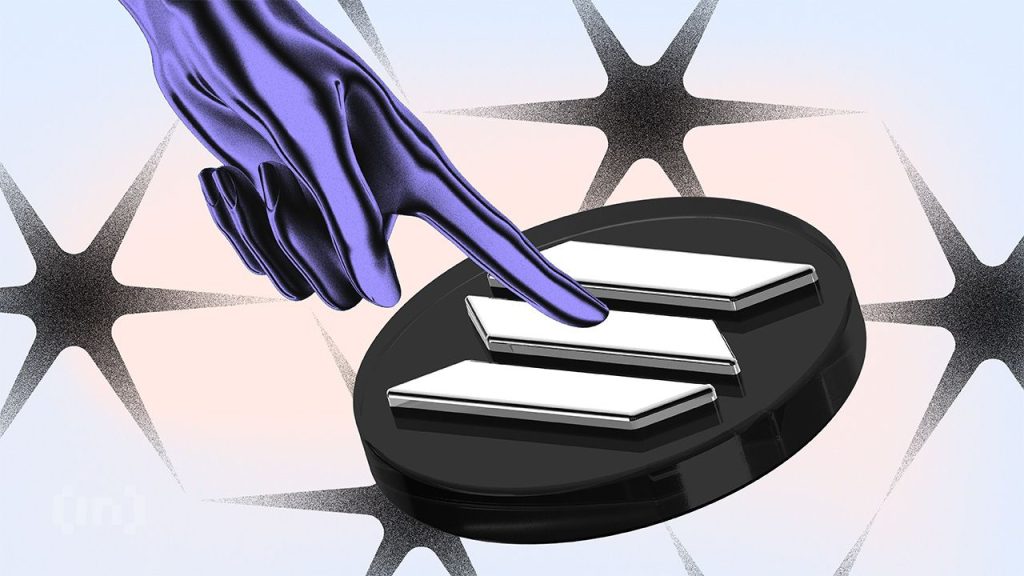Solana Passes New Proposal Amidst Failed Transactions Issues

[ad_1]
Amidst a spate of failed transactions and its current effort to fix the issue, Austin Federa, Head of Strategy at Solana Foundation, announced the passing of a governance proposal called “Timely Vote Credits.”
The proposal, which gained approval from 53% of validators with an impressive 98% voting in favor, seeks to enhance the speed of transaction confirmations.
How Does Solana’s “Timely Vote Credits” Proposal Work?
Zantetsu of Shinobi Systems, a Solana validator, designed the “Timely Vote Credits” proposal. The proposal introduces changes to the method used to calculate vote credits earned by validator votes.
The current Solana (SOL) validators award mechanism is one vote credit for each “rooted” slot (a fully committed block), irrespective of the timing of their vote. However, such a mechanism enables a loophole where validators could delay votes without penalty.
Read more: 6 Best Platforms To Buy Solana (SOL) in 2024
If implemented, The “Timely Vote Credits” proposal would award credits based on the “latency” of a vote. Latency refers to the delay between creating a slot and the arrival of the validator’s vote. Validators who vote faster would earn more credits, discouraging intentional delays.
Moreover, the proposal includes a built-in grace period of three slots. This is to even out the playing field for validators situated further from network hubs.
Despite the enthusiasm, this proposal still needs to address questions about its impact on transaction confirmation speeds. Yet, to date, Federa has not elaborated on how the change will directly impact transaction speeds in Solana.
Combined with the developers’ promise to rectify the failed transaction issues, the implementation of this proposal could potentially offer a comprehensive solution to the network’s challenges.
On April 5, roughly 75% of Solana network transactions failed, according to the data from a Dune dashboard. Users reported delays, error messages, and complete transaction failures despite retries. However, the percentage has decreased to 57.41% at the time of writing.

Mert Mumtaz, CEO of Helius Labs — a leading RPC & API platform in Solana, explained that the network’s issues are attributed to specific implementation bugs rather than inherent design flaws. Specifically, Mumtaz mentioned that the problem stemmed from a flawed implementation of the QUIC networking protocol.
Anatoly Yakovenko, co-founder of Solana Labs, also commented on the situation:
“Dealing with congestion bugs sucks so much more than total liveness failure. The latter is one and done, bug is identified and patched and chain continues. The former has to go through the full release and test pipeline.”
Read more: 13 Best Solana (SOL) Wallets To Consider In March 2024
Developers target April 15 to implement a fix for an “implementation bug” believed to be the root cause of the failure surge.
Despite the recent woes, Solana’s native token (SOL) has had a phenomenal 2024. Starting the year at $101.33, SOL briefly surged past $200 before settling around $172. According to data from CoinGecko, SOL’s current price has shown an 8.8% decline over the past week.
Disclaimer
In adherence to the Trust Project guidelines, BeInCrypto is committed to unbiased, transparent reporting. This news article aims to provide accurate, timely information. However, readers are advised to verify facts independently and consult with a professional before making any decisions based on this content. Please note that our Terms and Conditions, Privacy Policy, and Disclaimers have been updated.
[ad_2]
Source link










